Children with Down syndrome have strengths and challenges in the development of communication skills, including receptive (understanding) language and expressive (speaking and composing sentences) language skills. It takes a team to help children develop their communication skills; that team typically includes speech-language therapists, physicians, classroom teachers, special educators and families.
Speech and language therapists have information and expertise to help address the communication difficulties that are associated with Down syndrome. Parents play an important role in their child’s speech and language development because home and daily activities are the core of communication learning.
Research and clinical experience demonstrate that some areas of language are generally more difficult for children with Down syndrome while other areas are relatively easier.
Children with Down syndrome have strengths in the area of vocabulary and pragmatics (social interactive language). Some may develop a rich and varied vocabulary as they mature. They have good social interactive skills and use gestures and facial expressions effectively to help themselves communicate.
They generally have the desire to communicate and interact with people. Syntax and morphology (including grammar, verb tenses, word roots, suffixes and prefixes) can be more difficult, possibly because of their complex and abstract nature. Children with Down syndrome frequently have difficulty with grammar, tenses and word endings and use shorter sentences to communicate.
It must be noted that some children with Down Syndrome may not develop speech, Speech and Language therapists help these children to develop by teaching them to use alternative methods of communication such as sign language or using pictures to communicate.
Related Post: All You Need To Know About Children With Down Syndrome
Area of development Milestone Age range (months)
What Does a Speech-Language Pathologist Do?
A speech-language pathologist (SLP) can provide evaluation and treatment for the speech and language difficulties experienced by individuals with Down syndrome. They can help develop a comprehensive treatment plan to address all of the areas in which the child may be experiencing difficulty, including receptive and expressive language, semantics (vocabulary), syntax (grammar), pragmatics (uses of language and social and conversational skills) classroom language skills, speech, oral motor planning and oral motor strengthening.
SLPs can work with families and teachers to design and implement an effective school, home and community program to help children develop stronger communication skills.
What Can Parents Do to Help their Child to Develop their Speech and Language skills?
Parents are the primary communicators interacting with their babies and young children; thus, parents can do a great deal to help their children learn to communicate. Many of pre-speech and pre-language skills are best learned in the home environment.
To help their children develop those skills, parents can:
- Remember that language is more than spoken words. When they are teaching a word or a concept, they should focus on conveying meaning to the child through play or through multisensory experiences (hearing, touch, seeing).
- Provide many models. Most children with Down syndrome need many repetitions and experiences to learn a word. Adults should repeat what a child says and give him or her a model to help reinforce a word.
- Use real objects and real situations. When teaching a concept, parents can use daily activities and real situations as much as possible. They can teach the names of foods as their toddler is eating, names of body parts while bathing the child, and concepts such as ‘under’, ‘in’ and ‘on’ while the child is playing. Communication is part of daily life.
- Read to their child. They should help their child learn vocabulary and concepts by reading about them.
- Follow their child’s lead. If a child shows interest in an object, person or event, parents should provide him or her with the word. There are many milestones as the child progresses toward using speech. The child responds to a familiar voice, recognizes familiar faces, experiments with many different sounds, produces strings of sounds over and over and makes a sound to refer to his or her parents (dada, mama). Many children enjoy looking in a mirror, and increase their sound play and babbling when vocalizing in mirrors. Effective ways to work on these skills at home can be learned through early intervention sessions, through books, workshops and speech and language professionals.
When Should Speech-Language Pathology Services Begin?
Speech-language therapy services can begin in infancy. Treatment may involve sound stimulation, language stimulation accompanying play or help in the area of feeding. Ideally, therapy should include the family so they can continue therapy goals at home.
Early language intervention are the services provided to infants and toddlers from birth. Speech-pathology services should be part of a comprehensive overall treatment plan for infants and toddlers. This may involve sessions at home or in a center and may be part of a team approach involving physical, occupational and other therapists working together with the family.
For more information, log on to www.thkmc.org.sg
By Ragini Talreja Shahani
Speech and Language Therapist
THK Therapy Services
This article was first published in The New Age Parents e-magazine
If you find this article useful, do click Like and Share at the bottom of the post, thank you.
Want more comprehensive info? Check out our e-guides here.



































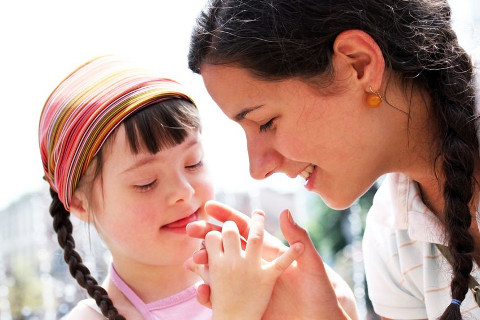
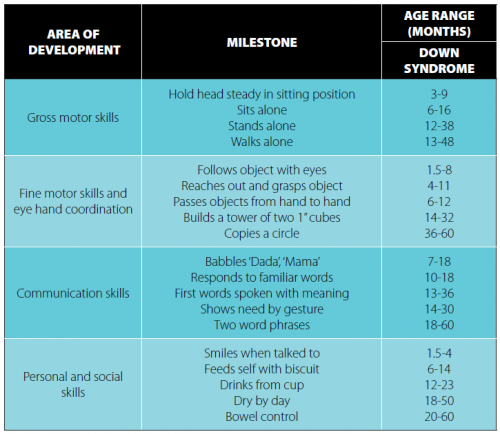







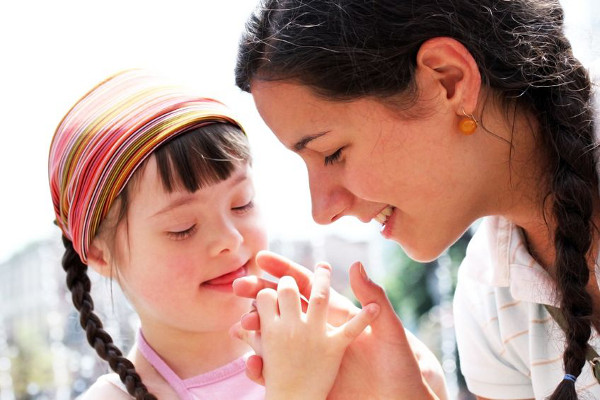

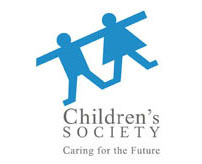



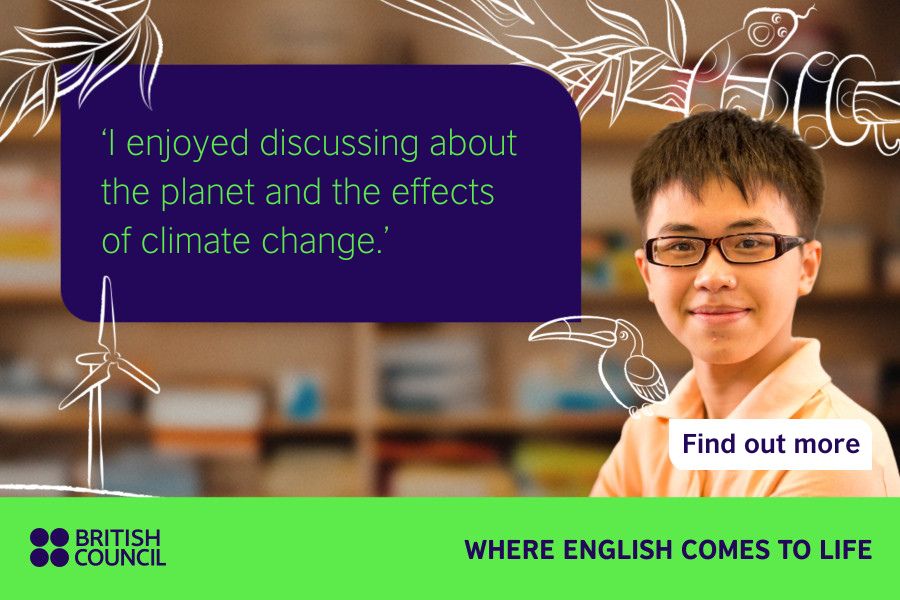









Leave a Comment: